A Deep Dive Inside Industrial IoT
From the manpower efforts to the digital technologies, Internet of Things (IoT) has changed the way we interact with the world around us. This means bringing new opportunities from every challenge and new risks to the most personal areas of our lives.
從傳統人力到數字技術,物聯網(IoT)已經改變了我們與周遭世界的互動方式。這意味著每一個挑戰和新的風險都在私人生活領域為我們帶來了新機遇。
The real revolution in the digital industries of IoT is agriculture, city infrastructure, medical care and healthcare.There are new IIoT technologies like equipment sensors and real-time analysis. These are gradually growing digitally and changing the way digital industrial processes and efficiency move forward.
物聯網數字產業的真正變革始于農業、城市基礎設施和醫療保健。工業物聯網(IIoT)激生了新一輪技術,如設備傳感器和實時分析等,這些技術正在以數字化方式逐漸增長,并推進數字工業流程和效率的發展。
Industry 4.0 is the next big splash movement to make Industrial IoT technology more accessible to businesses and enterprises. This means integrating smart sensors and powerful analytical system into the workflows, with real-time relevant data in hand. Because of these efforts, a quick and swift decision can be made to make a big difference in both quality and cost of industrial applications.
工業4.0是下一個讓商家和企業更容易使用工業物聯網技術的重磅舉措。這意味著將智能傳感器和強大的分析系統集成到工作流程中,并掌握***數據,正是得益于此,人們可以做出敏捷迅速的決定,從而在工業應用的質量和成本方面產生重大影響。
How IIoT has leveraged the technological gap in context of every aspect of industrial transformation.The technological revolution is in a phase before the digital industrial revolution can really take flight. New technologies are invented and then industries themselves identify the technological gap within themselves and they look for new technologies. Then the technologies have to be further configured specifically for individual industries. The crux of the story is that the technology often remains the same — it’s just the use cases for different industries that finally cause the needed changes.The same goes with the Industrial IoT. The following are the industries which are currently leveraging the benefits of the Industrial IoT.
工業物聯網如何在產業轉型的各個方面平衡技術差距呢?在數字工業革命真正起飛之前,技術革命正處于一個階段,新技術發明出來后,各行各業找出自身的技術差距,以尋求新技術。緊接著,必須進一步為各個行業專門配置這些技術,問題的關鍵在于技術往往保持不變——最終導致所需更改的只是不同行業的用例,工業物聯網亦如此。
下面就帶大家來看一看當前得益于工業物聯網風生水起的幾大行業。
01
供水行業
Water Industry
The UN reports estimates that “by 2025, approximately 1.8 billion people worldwide will be living in areas of absolute water scarcity.”
聯合國報告估計,“到2025年,全球將有約18億人生活在絕對缺水地區。”
Internet of Things (IoT) acknowledged this problem and IoT vendors came up with extraordinary solutions. IoT water ensures a precise control over the data of water resources. This will allows an efficient and optimized management of water companies.
物聯網(IoT)承認這個問題,物聯網供應商提出了非凡的解決方案——物聯網供水,這項舉措確保了對水資源數據的精確控制,這將使供水公司能夠進行有效而優化的管理。
In urban areas and in agriculture, IoT Smart Water Management has made a significant amount of improvement to the cost of water supply management. The demand for IoT Smart Water Management has enabled the efficient use of available water resources. Some assessments have estimated that the global water sector will be worth one trillion USD per year by 2025.
在城市地區和農業領域,物聯網智能水管理大大提高了供水管理成本,人們對物聯網智能水資源管理的需求使現有水資源得以有效利用。有評估顯示,到2025年,全球水務部門將達到1萬億美元的規模。
Earlier conventional techniques of water conservation were used to maintain and preserve water. With the right apparatus, leveraging IoT technology is the solution to get our water conservation efforts to a new level. This new IoT technology will enable smart water meters, detectors, and irrigation methods to be deployed not only in industries but easily in households, as well.
早期的傳統節水技術是用來維持和保存水的,一旦有了合適的設備,利用物聯網技術可以把我們節水工作的解決方案上升到一個新水平。這種新的物聯網技術將讓智能水表、探測器和灌溉法不僅應用于工業,而且可以輕松應用于家庭。
02
石油天然氣行業
Oil and Gas Industry
By 2023, size of Industrial IoT market will grow by USD 232.15 Billion at a CAGR of 8.06 percent: A Research by Zion Market.
錫安市場(Zion Market )的一項研究表明,到2023年,工業物聯網市場規模將以8.06%的年復合增長率增長2321.5億美元。
The introduction of IoT in oil and gas industry is recognized as a leading contributor to reduce the cases responsible for instances of leakage and much more. The oil and gas industry have been facing challenges in this form for many years. IoT has efficiently eradicated many situations that can cause these problems.
在石油天然氣行業引入物聯網被認為是減少泄漏等事故的主要原因。多年來,石油天然氣行業一直面臨著這種風險的挑戰,物聯網有效地摒除了許多可能由泄漏導致的麻煩。
If oil and gas companies aim to transform their businesses to digital IoT efforts they can procure considerable value for themselves by developing an integrated IoT strategy. Incorporating IoT in the oil and gas industry has not only influenced the oil and gas companies, but also fosters the efforts to build their profits. They can realize an increased global GDP by merging with the digital IoT analytical resolutions.
如果油氣公司的目標是將其業務轉變為數字物聯網,那么它們可以通過制定一份集成物聯網戰略為自己贏取可觀的價值。將物聯網技術應用于油氣行業,不僅對油氣企業產生了影響,也成為他們盈利的催化劑,通過與數字物聯網分析解決方案的結合,可以實現全球GDP的增長。
With the inclusion of IoT in the Oil and Gas Industry, the production of oil can be captured in real-time with the help of embedded sensors. This will facilitate the gathering of pertinent information from assets allowing real-time decisions with greater accuracy. This is achieved with the right automation of data communication systems.
隨著物聯網技術在油氣行業的應用,石油生產可以通過嵌入式傳感器實時采集,這將有助于從資產中收集相關信息,從而提高實時決策的準確性,這是通過正確的數據通信系統自動化實現的。
This method factors that the Industrial IoT is about to increase their revenues by an average of $217 million, or nine percent by 2023.
這種方法是工業物聯網使其收入平均增加2.17億美元的重要因素,到2023年將增漲9%。
03
交通運輸業
Transportation Industry
Internet of Things has revolutionized the transportation industry in recent years. The real-time access to new data streams has made self-driving vehicles a reality in today’s world. IoT has proved its value by showcasing its potential in reducing pollution, optimizing the mobility of people and goods and saving a lot of lives.
物聯網近年來給交通運輸業帶來了革命性變化。對新數據流的實時訪問使自動駕駛汽車在當今世界成為現實。除此以外,物聯網通過展示其在減少污染、優化人員、貨物流動以及拯救生命方面的潛力,證明了它的巨大價值。
IoT is growing at an exponential rate and the auto industry where most of the growth is witnessed. The scope of industrial IoT has been broadening as it impacts features like asset tracking, traffic management, optimized routes, driver behavior and more.
物聯網正在以指數級速度增長,其中有目共睹增長最快的是汽車行業。隨著物聯網在資產跟蹤、交通管理、優化路線、司機行為等領域的影響力提升,工業物聯網的應用范圍也不斷擴大。
An integrated smart transportation system tells us about the real-time information of the driver as well as the vehicle and warns drivers about potential dangers on the road.
一個集成的智能交通系統就可以告訴我們其他司機和車輛的實時信息,并警告我們路上存在的潛在危險。
IoT in transportation helps in real-time parking management of vehicles, as well. It informs the driver which parking lots that are presently available. Multi-level parking systems are also helping to reduce operating and maintenance expenses.
交通運輸中的物聯網也有助于車輛的實時停車管理,它會告訴司機哪些停車場目前可用,多層停車場系統也有助于簡化操作,降低維護費用。
The Internet of Things (IoT) has opened up a box of new possibilities in transportation over the last several years. IoT has undoubtedly evolved beyond recognition to any previous timeframe. IoT is all about connecting devices digitally and accessing the data which provides an insight into the real-time valuable data. This data was a challenge even a short decade ago.
物聯網(IoT)在過去的幾年里為交通運輸開辟了新的可能性。物聯網無疑已超越以往任何時間框架的認知,它以數字方式連接設備并訪問數據,從而洞察實時的有價值數據,十年前,這樣的數據甚至是一個極大挑戰。
04
醫療行業
Healthcare Industry
Healthcare is a vast ecosystem and has adapted to the Internet of Things very rapidly. Personal healthcare, the pharmaceutical industry, smart beds, biosensors and many healthcare specializations have implemented IoT at a very progressive level. Real-time Health system serves as key areas for IoT. Healthcare has both dynamic and static data that has to be evaluated by different analytic tools. Healthcare must have tools for predictive maintenance as part of a comprehensive healthcare systems.
醫療保健是一個龐大的生態系統,不過現已迅速適應了物聯網。個人醫療、制藥行業、智能床、生物傳感器和許多醫療專業都在非常先進的水平上實現了物聯網。實時健康系統是物聯網的關鍵領域,醫療保健既有動態數據,也有靜態數據,必須通過不同的分析工具進行評估,醫療保健必須有預測維護工具,作為全面醫療保健系統的一部分。
Remote Health Monitoring helps to solve the rise of chronic disease among various people due to the aging factor. A broad range of smart wearables and biosensors along with other medical devices enables remote health monitoring. This monitoring can detects emerging patterns and leverage the data taken from these devices. This information will enable new insight into disease prevention methods.
遠程健康監測有助于解決由老齡化因素導致的各人群慢性疾病增多的問題。廣泛的智能可穿戴設備和生物傳感器以及其他醫療設備使遠程健康監測成為可能,這種監測可以利用設備獲取的數據甄別并形成新的模式,這些信息將使我們對疾病預防方法有新的認知。
The most common use of IoT technology today in healthcare has to do patient monitoring. This includes energy meters, X-rays and other imaging devices. Previous research found that the majority of the benefits of IoT in healthcare today revolves around increased innovation and visibility across the organization and cost savings. Future IoT benefits will cater to higher workforce productivity, creation of new business models and better collaboration across the entire industry globally.
如今,物聯網技術在醫療領域最常見的用途是對患者進行監測。這包括電能表、X射線和其他成像設備。此前的研究發現,當今物聯網在醫療保健領域的多數益處,都圍繞著不斷增強的創新性、企業可見性以及成本節約三方面。未來物聯網的好處將滿足更高的勞動生產率,創造新的商業模式,促成整個行業全球性的良好合作。
05
礦業
Mining Industry
The Internet of Things has a huge future in the Mining Industry. IoT will be seen as truly disruptive in mining. Industrial IoT is affordable in this industrial area and leverages the advance sensor technologies for real-time monitoring of mining assets. IoT has eliminated waste at every step of the mining process and monitors the processes at a more granular level to make saving decisions based on real-time data.
物聯網在礦采業有著廣闊的前景。物聯網將被視為礦采業的真正顛覆,工業物聯網在這個工業領域是經濟實惠的,同時可以利用先進傳感器技術實時監控礦業資產。物聯網在挖掘過程的每一步都消除了浪費,并在更細微的層面上把控過程,根據實時數據做出節約決策。
Various challenges like mine landslide and equipment failure has been monitored and controlled with great accuracy because of the adaption of IoT. Even in the early stages of digital transformation, mining companies have increased their productivity, reduced costs and improved their production and safety through the real-time data.
虧了物聯網的適應性,礦井滑坡、設備故障等各種挑戰都有了精準監測和嚴格把控。即使在數字化轉型的初期,礦采企業也可以通過實時數據提高生產率,降低成本,提高生產安全水平。
According to recent report, 40 percent of mining companies have planned to deploy IoT solution within the next 18 months. As IoT enables miners to move from reactive to proactive maintenance, it reduces the asset downtime and cost of operations.
根據最近的報告,40%的礦采公司計劃在未來18個月內部署物聯網解決方案。由于物聯網使礦商能夠從被動維護轉變為主動維護,這就減少了資產停機時間和運營成本。
06
酒店行業
Hospitality Industry
Connecting the world with technologies has changed everything. But IoT has been more significant than just adding connectivity to existing products and services in a new way. IoT has changed to where the products have become services of the services, and the services have become more intelligent.
用技術連接世界改變了一切。但物聯網的意義不僅僅是以一種新方式為現有產品和服務增加連接性,物聯網已經轉變成了讓產品變成服務的服務,而服務也變得更加智能化。
IoT in hospitality industry has revolutionized the service delivery and has improved the customer experience, all while reducing the costs. IoT sensors have taken the preventive maintenance one step further and brought predictive maintenance into existence.
酒店業的物聯網徹底改變了服務提供的方式,改善客戶體驗的同時,也降低了成本。物聯網傳感器將預防性維護又向前推進了一步,使預測性維護成為可能。
These sensors recognize hazardous trends and sends an alert for proper maintenance before an issue can escalate. This enables the capabilities of technology in an impressive way that many of the 5-star hotels like Marriott International have already implemented by adding IoT in all their hotel rooms.
這些傳感器識別危險趨勢,并在問題升級之前發出適當維護的警報。這使得技術的能力以一種令人印象深刻的方式得以實現,許多五星級酒店,如萬豪國際已經通過在所有酒店房間中添加物聯網實現了這一險情預報。
In the hospitality industry, IoT applications are embraced among businesses. Building these platforms has been necessary so that innovators and early explorers of IoT devices can adopt them. Using the data from the early adopters, hospitality businesses can create value from them by offering unique experiences through the IoT services and products.
在酒店業,物聯網應用為企業所青睞。為了讓物聯網設備的創新者和早期探索者能夠采用這些平臺,構建這些平臺是必要的,利用早期采用者提供的數據,酒店企業可以通過物聯網服務和產品為消費者提供獨特的體驗,從中創造價值。
07
工業物聯網的未來
The Future of the IIoT
The Industrial IoT is considered to be one of the primary trends affecting industrial businesses today and in the future. Every industry is emerging with the intent to integrate the modern systems and equipments into their workflow. Using these systems helps industries to meet the required regulations.
工業物聯網被認為是當今和未來影響工業企業的主要趨勢之一。每個行業都在興起,其目的是將現代化系統和設備集成到他們的工作流程中,因為使用這些系統可以幫助行業符合相應的法規。
The systems also help keep up with the forever changing market and to cope up with disruptive technologies. Businesses that have embraced industrial IoT have seen significant improvements to safety, efficiency and profits.
這些系統還有助于跟上萬變的市場,并應對顛覆性的技術。接受工業物聯網的企業在安全、效率和利潤方面都有顯著改善。
The Global Industrial IoT Gateway Market is forecasted to grow at a Compounded Annual Growth Rate (CAGR) of 13.64 percent during the period 2019-2023. According to a recent estimate by the World Bank, the gross world product stood at $75.62 trillion, so the Industrial IoT could bring significant profits and prosperity to many.
據預測,在2019-2023年期間,全球工業物聯網門戶市場將以13.64%的復合年增長率增長。根據世界銀行(World Bank)最近的一項估計,世界生產總值為75.62萬億美元,因此工業物聯網可以為許多人帶來可觀的利潤和繁榮。
As the Industrial IoT rolls out over the next decade, trillions of dollars are already at stake. On the one hand, the IIoT is about sensors, networks and data, but is ultimately it is very much about the money and the profits associated with a particular industry.
隨著未來十年工業物聯網的發展,數萬億美元已經岌岌可危。一方面,工業物聯網涉及傳感器,網絡和數據,另外一方面,它終究與特定行業的資金和利潤相關。
It is estimated that IIoT could add a jaw-dropping $14.2 trillion to global domestic product by 2030. That is huge.
據估計,到2030年,物聯網將使全球國內生產總值增加14.2萬億美元。盈千累萬,數目不小。
-
物聯網
+關注
關注
2909文章
44691瀏覽量
373836 -
智能
+關注
關注
8文章
1712瀏覽量
117545 -
工業4.0
+關注
關注
48文章
2014瀏覽量
118653
原文標題:參考 | 工業物聯網在不同行業的用例和未來
文章出處:【微信號:IMA_MIIC,微信公眾號:智能制造發展聯盟】歡迎添加關注!文章轉載請注明出處。
發布評論請先 登錄
相關推薦
工業智能網關在不同行業物聯網系統中的作用

不同行業的配電室有什么差異?

工控機平板電腦在不同行業中的應用及選購要點
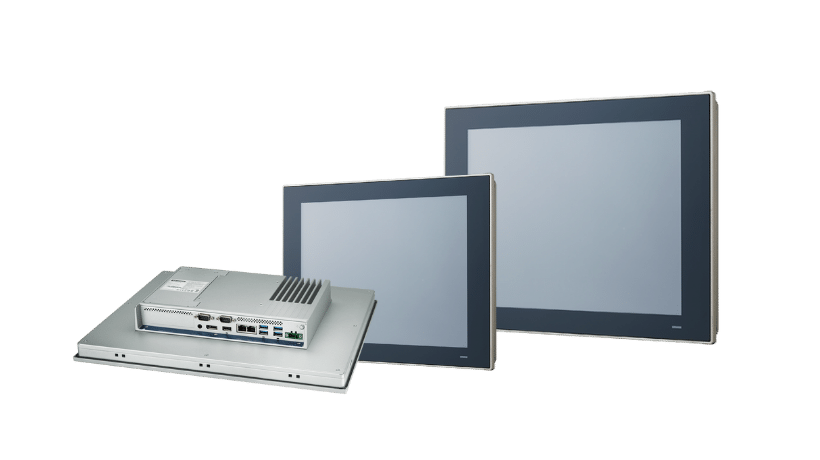
行業熱知 | 工業物聯網是什么?能在哪些行業應用?如何選擇工業物聯網?
梯云物聯:電梯物聯網行業的未來挑戰與企業壁壘
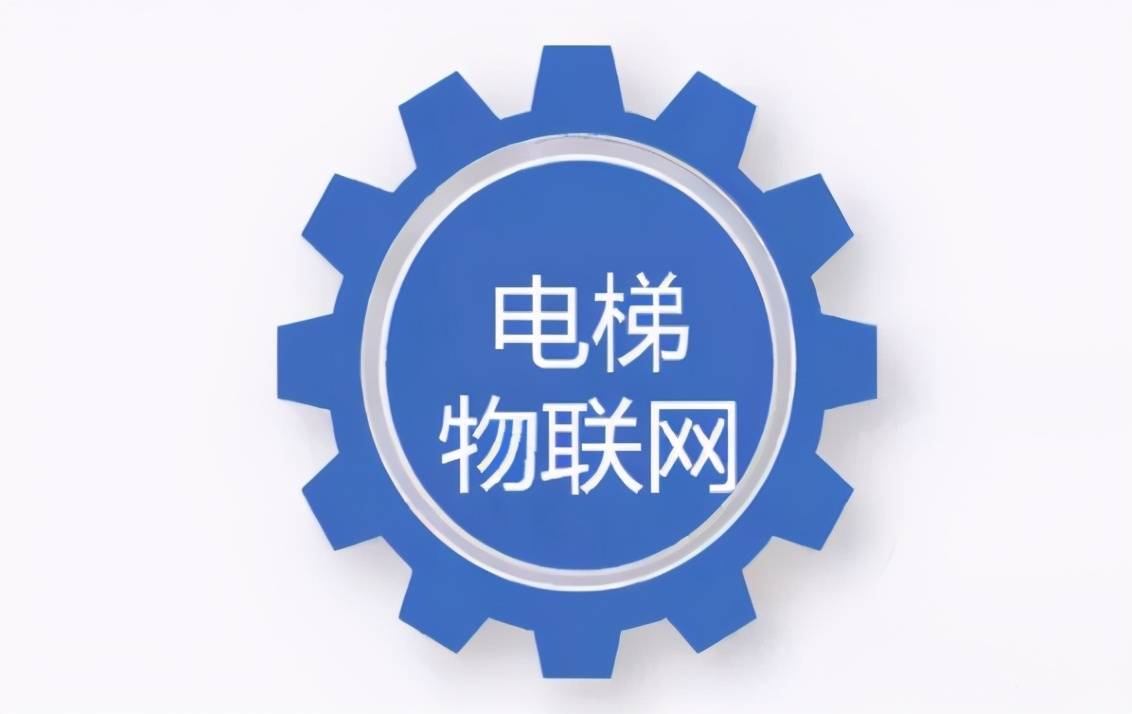
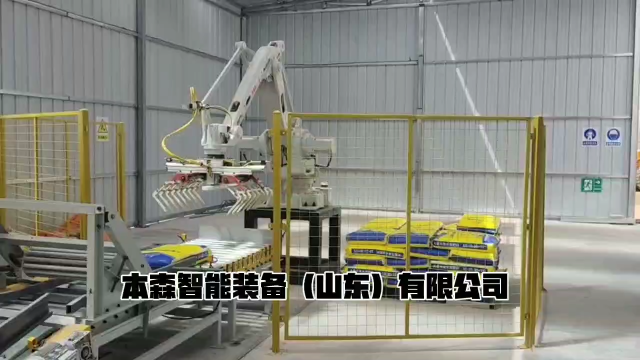




 工業物聯網在不同行業的用例和未來
工業物聯網在不同行業的用例和未來
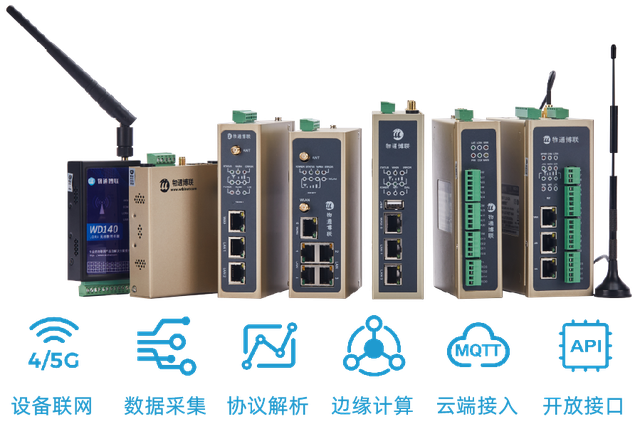
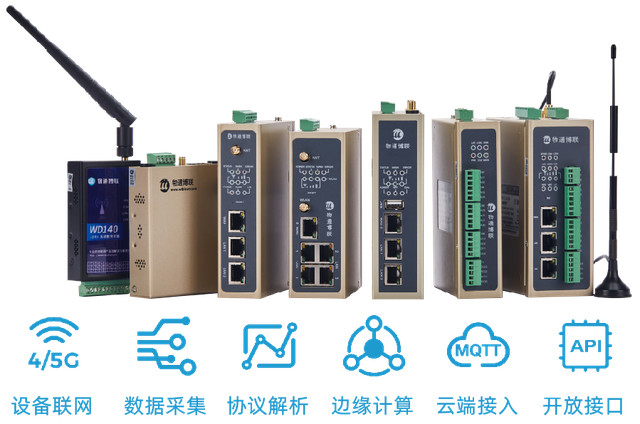
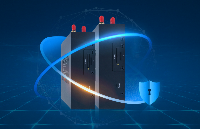

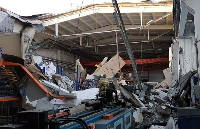
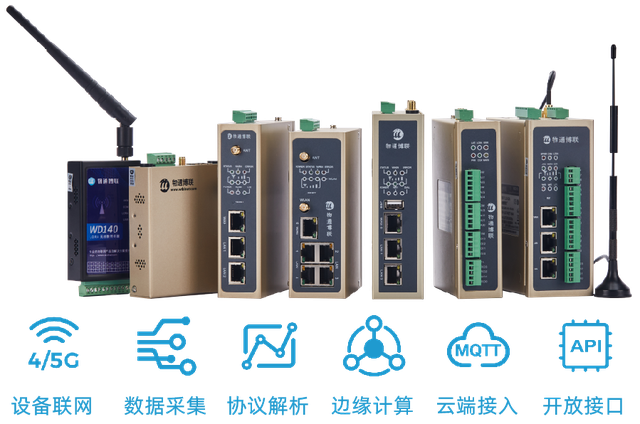
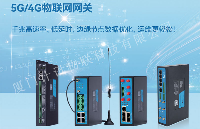










評論